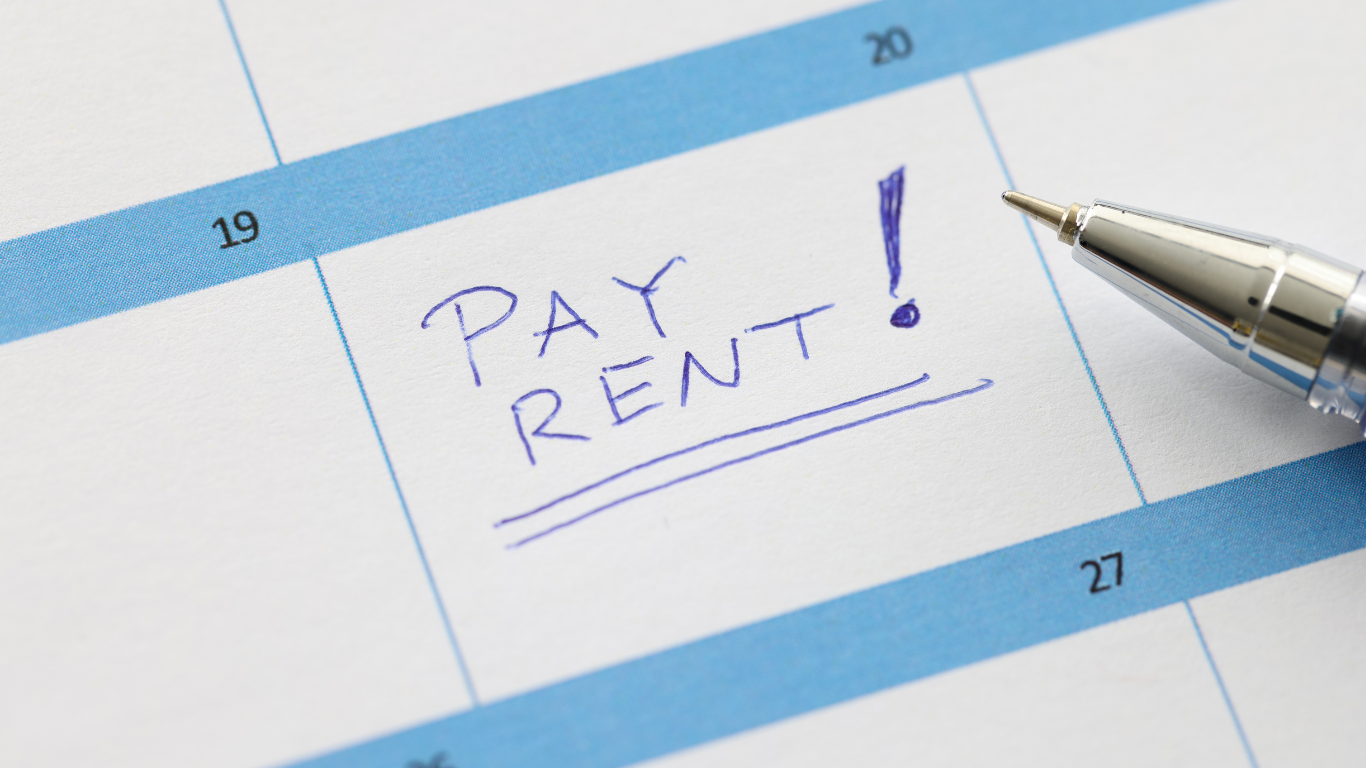If you’re a tenant in London, you’re probably already feeling the bite due to the cost of living crisis. So, the prospect of facing a rent increase is the last thing you want to think about. Unfortunately, rent increases are a fact of life. So, here, we take a look at how much your landlord is allowed to increase your rent, and when they’re allowed to do it.
1. When Can My Landlord Ask To Increase My Rent?
The good news for tenants in London is that your landlord cannot simply increase your rent just because they feel like it. There are rules about rent increases that landlords must follow.
If you have a month-by-month or week-by-week periodic tenancy, your landlord isn’t usually allowed to increase your rent more than once per year – unless you agree to it.
If you have a fixed-term agreement that runs for a specified period of time, your landlord is only permitted to increase your rent with your agreement. If you don’t agree, the landlord is only allowed to increase the rent once your fixed term has ended.
2. Does My Landlord Have To Give Me Notice Of A Rent Increase?
In most cases, an assured shorthold tenancy will start out as a fixed-term agreement, however, over time, some evolve into a periodic tenancy. You need to understand the kind of tenancy agreement you currently have.
Your landlord can’t insist on increasing your rent during your fixed-term tenancy unless there is a clause about rent reviews in the agreement. If you do have one of these clauses in your agreement, your landlord can increase the rental amount during your tenancy but the agreement must state explicitly when and how those rent increases will occur.
If there isn’t a rent review clause in your agreement, your landlord should give you six months’ notice of a rent increase if you have a 12-month tenancy agreement. If your tenancy is a periodic one, your landlord must give you at least a month’s notice.
3. How Much Is My Landlord Allowed To Increase My Rent By?
Your landlord is allowed to increase your rent to any amount they see fit, but of course, it must be within reason. There is a government stipulation that says landlords have to be realistic and fair regarding rent increases, so that means your rent should only go up in line with the local average for your property type.
If you currently rent a two-bedroom terrace for £2000 per month and similar homes in your area fetch £2300, it’s within your landlord’s rights to demand an increase in your rent of £300 per month. Should your landlord ask you to pay an extra £500 per month, though, at this pricing level, then that increase might fail the “realistic and fair” test, and you’d be entitled to challenge the demand.
4. Do not rush the viewing process
If you believe your landlord’s proposed increase is unfair and unrealistic, you can challenge the proposal. Nevertheless, discussing the situation with your landlord is always wise before taking legal action. Most landlords are prepared to come to some kind of agreement with you, particularly if you’ve always been a reliable tenant. Even if you plan to take your landlord to a tribunal regarding their proposed rent increase, you must continue to pay your rent, as failure to do so could result in your eviction.
If you’re looking for a rental property or need more advice about rent increases, get in touch with our experts at CapEx Properties on +44 20 3989 8010


